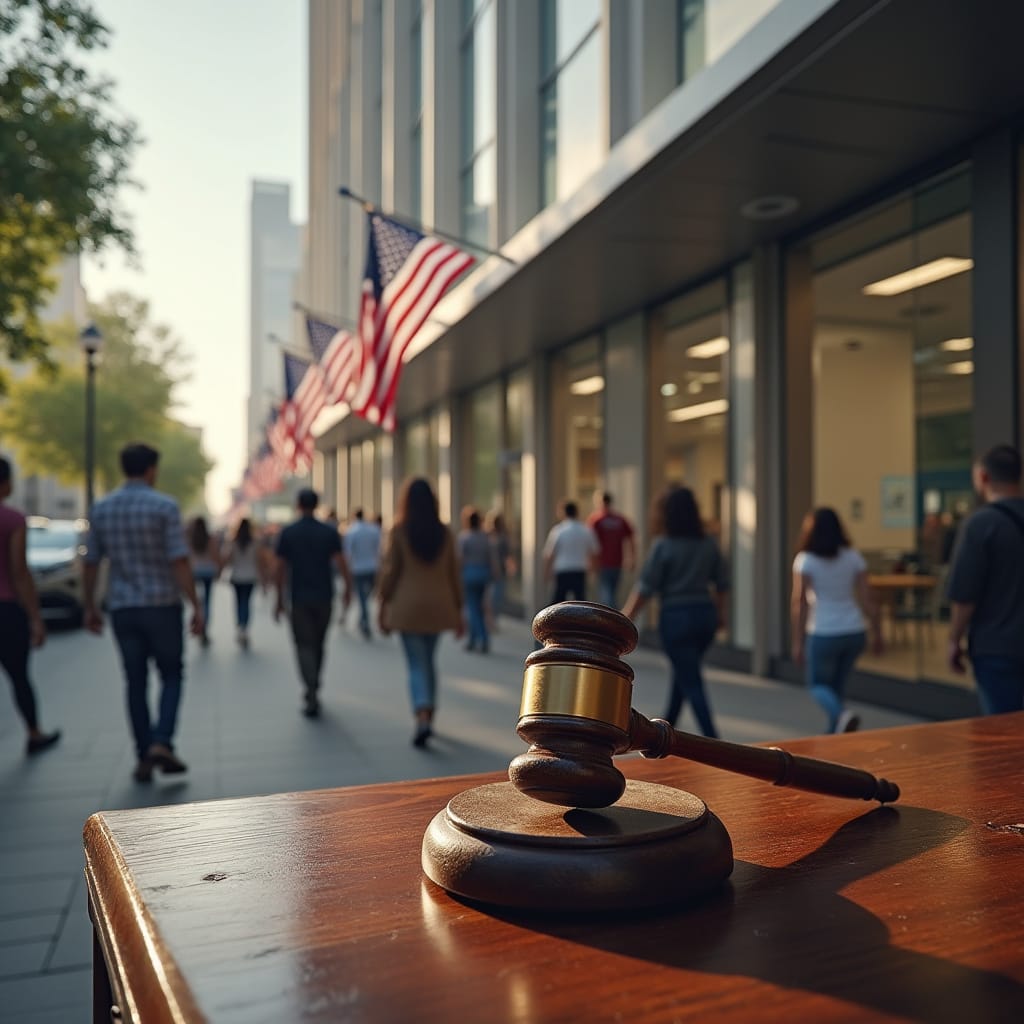Walmart Settles Class Action Lawsuit Over False Advertising of Weighted Products
Walmart has agreed to settle a class action lawsuit brought by consumers who accused the retail giant of falsely advertising the net weight of certain household and food items. The settlement, which includes a multi-million dollar payout and changes to product labeling practices, marks another major example of corporate accountability in the consumer goods sector.
The lawsuit alleged that Walmart sold products with labels that overstated the quantity or weight of the contents inside. Consumers reported that some packages contained as much as 15% less than what was promised. Affected items ranged from packaged produce to cleaning supplies and even protein powders.
Plaintiffs argued that Walmart violated state and federal consumer protection laws by misleading customers at the point of purchase. The complaint detailed instances where the shelf label and packaging both reflected inaccurate weights, leading to inflated prices per unit.
Attorneys representing the plaintiffs said the issue wasn’t isolated. “This was not a one-off mistake. It was a pattern of overstatement that cost consumers millions collectively,” one attorney explained. “People trust the information printed on packaging. When that information is wrong, it’s not just misleading—it’s unlawful.”
Walmart has denied any wrongdoing but agreed to a financial settlement of $6.5 million to resolve the claims. The money will be used to reimburse consumers who purchased the mislabeled products between 2018 and 2023. Eligible consumers will be able to file claims online and receive compensation based on proof of purchase or estimated quantities purchased.
In addition to the payout, Walmart has pledged to update its packaging and improve its internal auditing process. A spokesperson for the company said, “While we believe our labeling practices met industry standards, we are committed to transparency and accuracy for our customers. This settlement allows us to move forward without prolonged litigation.”
Legal analysts say the case highlights the importance of accurate labeling, especially in an economy where families closely monitor grocery and household spending. Even small discrepancies in weight can add up over time, particularly for budget-conscious consumers.
The lawsuit follows a growing trend of class actions targeting deceptive marketing and packaging claims. In recent years, companies across the food, beauty, and household product industries have faced lawsuits for misrepresenting ingredients, product volume, or functionality.
Consumer watchdog groups applauded the outcome, calling it a win for everyday shoppers. “This case reminds companies that they will be held accountable when they exaggerate claims on packaging. Consumers deserve honesty—especially from the largest retailers in the country,” said a spokesperson from a national consumer advocacy organization.
The settlement still requires final approval from a federal judge, but no objections are expected. If approved, Walmart will begin issuing reimbursements by the end of the year.
For now, consumers are being encouraged to review their past purchases and save receipts for any eligible products.











